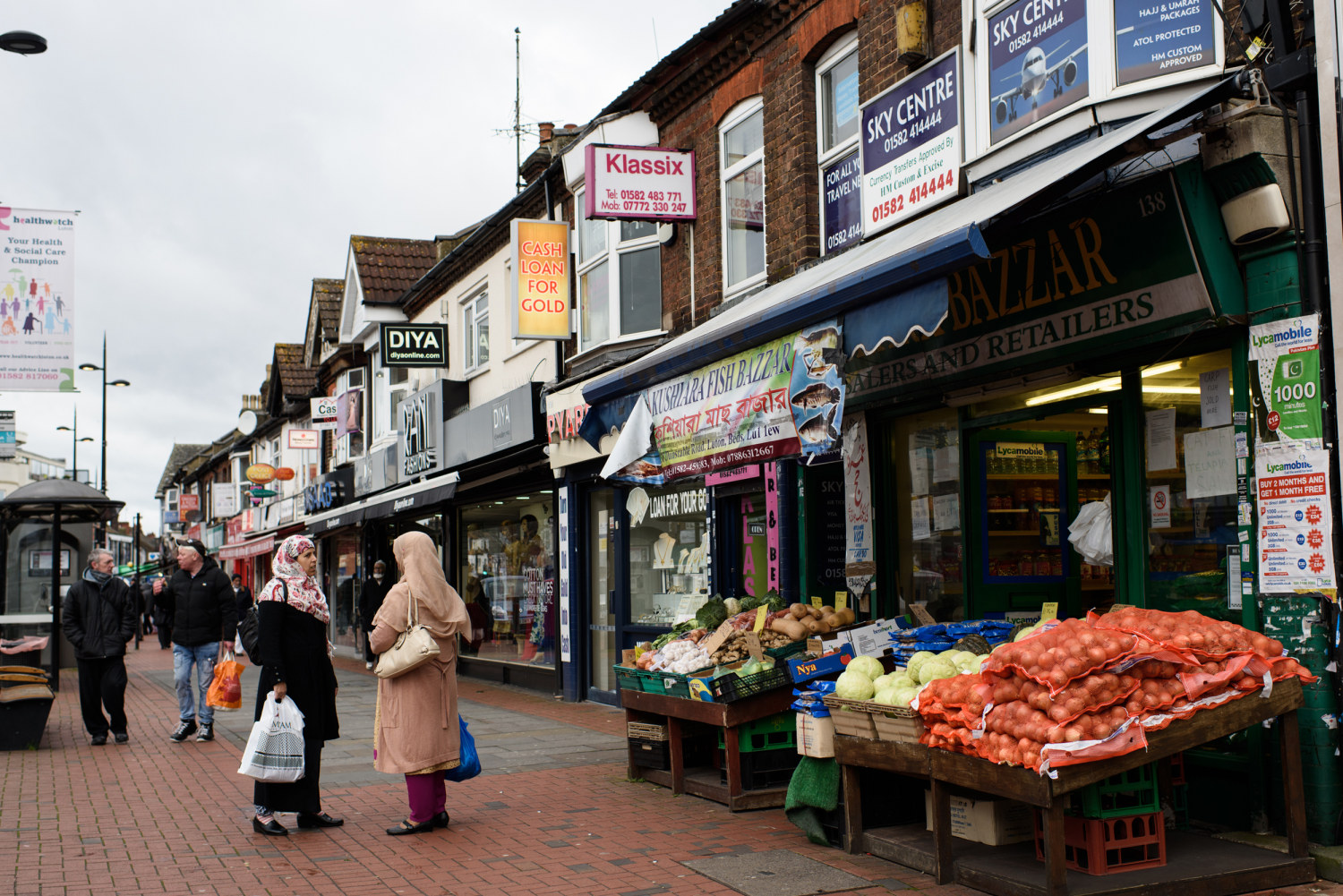
Luton is a vibrant town located in Bedfordshire, England, approximately 30 miles north of London. Known for its rich industrial heritage, cultural diversity, and strategic location, Luton has evolved over the years into a dynamic urban hub that continues to attract residents, businesses, and tourists alike.
Historical Background
The history of Luton dates back to the 6th century when it was founded by Anglo-Saxons. It became well known in the Middle Ages for its agriculture, particularly straw hat making. By the 19th century, Luton was a major center for hat production, earning a reputation as the capital of Britain’s hat industry—a legacy that still echoes in local museums and culture today.
Economy and Industry
Luton’s economy has historically revolved around manufacturing, particularly in the automotive and aerospace sectors. Vauxhall Motors was founded in Luton in 1905, and although the original car plant has closed, the brand’s presence is still felt in the area. More recently, Luton has diversified its economy with strong logistics, retail, and service sectors.
London Luton Airport is another major contributor to the local economy, serving millions of passengers each year and providing thousands of jobs. As one of the UK’s busiest airports, it connects Luton with numerous destinations across Europe and beyond.
Education and Infrastructure
The town is home to the University of Bedfordshire, which attracts students from around the world and contributes significantly to the local economy and community life. The university offers a wide range of courses and emphasizes research, innovation, and practical learning.
Luton’s transport infrastructure is well-developed, with excellent rail links to London, making it a popular location for commuters. The M1 motorway and Luton Airport Parkway station offer convenient access to the rest of the UK and Europe.
Culture and Community
Luton is known for its multicultural population. Over the years, it has become a melting pot of cultures, languages, and traditions. This diversity is celebrated through various events, such as the Luton International Carnival, which is one of the largest one-day carnivals in Europe. The town also boasts numerous religious centers, international cuisine, and community organizations.
Places of Interest
Some notable attractions in and around Luton include:
- Stockwood Discovery Centre – A museum offering interactive exhibits, gardens, and historical artifacts.
- Wardown Park Museum – Focused on local history and home to collections related to Luton’s hat industry.
- Whipsnade Zoo – Located nearby, it is one of Europe’s largest wildlife conservation parks.
- Luton Hoo – A historic estate and luxury hotel, often visited for its architecture and scenic surroundings.
Future Developments
Luton is undergoing significant redevelopment, including urban regeneration projects, infrastructure improvements, and investment in public services. Plans to expand London Luton Airport and enhance the town center aim to create more jobs and improve quality of life for residents.
Conclusion
Luton may not be as internationally recognized as London or Manchester, but it is a town rich in history, resilience, and promise. With its strategic location, strong community ties, and ongoing developments, Luton continues to establish itself as a key player in the UK’s economic and cultural landscape.